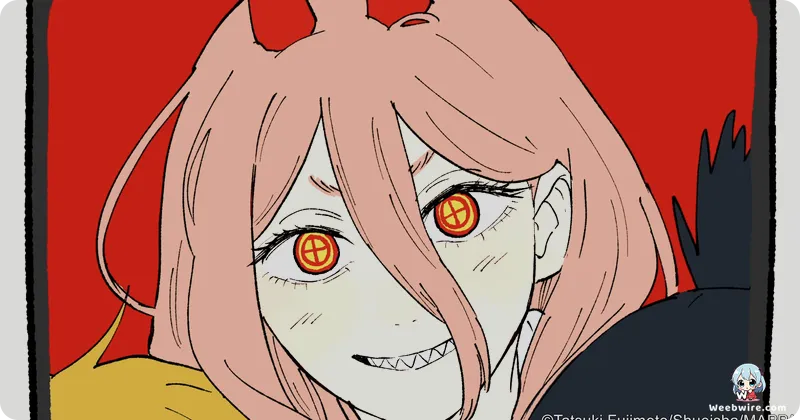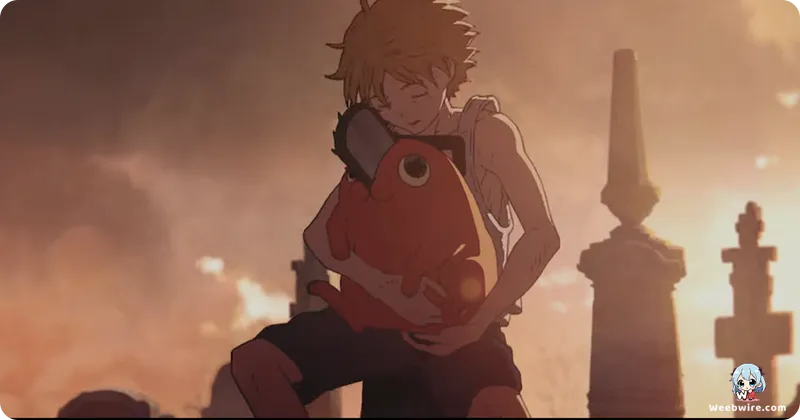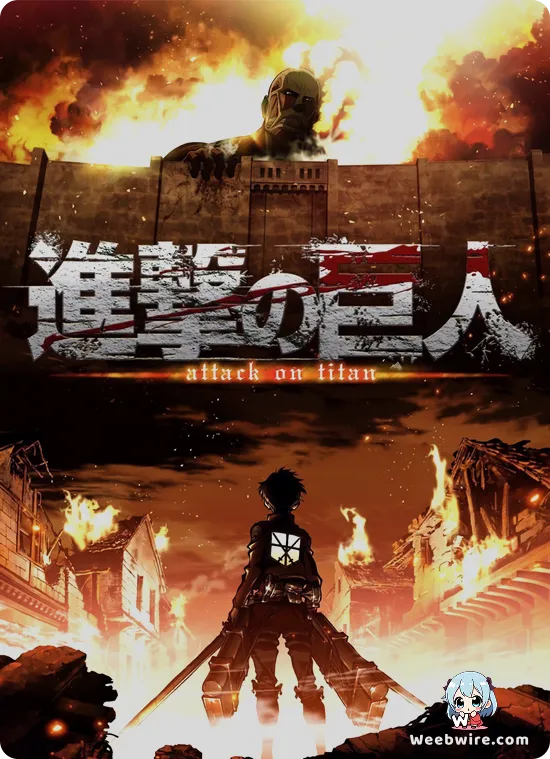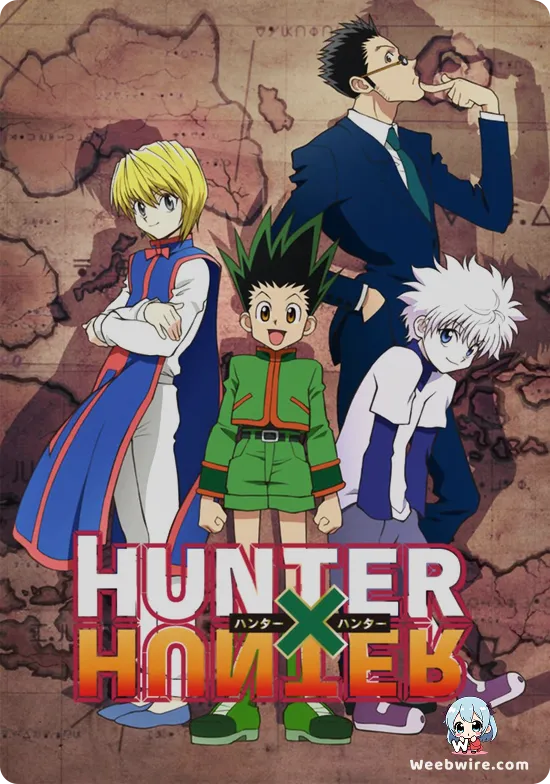Chainsaw Man's Reze Arc: A Deep Dive into Fujimoto's Cinematic Thriller and Denji's Heartbreak

The brutal and unpredictable world of Tatsuki Fujimoto's Chainsaw Man, where devils stalk humanity, finds one of its most compelling and emotionally resonant narratives in the Reze Arc. Celebrated by fans for its profound impact on the protagonist Denji, this pivotal segment masterfully intertwines explosive action with deeply poignant drama, etching itself as a cornerstone of the acclaimed series. Beyond its widespread acclaim, the arc conceals a wealth of fascinating, intricate details that significantly enhance our understanding of its titular character, Reze, and her complex dance with Denji.
Fujimoto's Cinematic Vision and Reze's Dramatic Entrance
A compelling lens through which to view the Reze Arc is Fujimoto’s well-documented passion for cinema. A true cinephile, he frequently draws inspiration from a diverse range of films, particularly Western thrillers. The arc itself, with its palpable espionage undertones, sudden betrayals, and high-octane sequences, serves as a clear homage to classic spy and action genres. Revered directors such as Quentin Tarantino and the Coen Brothers have been acknowledged by Fujimoto as key influences, their distinct narrative fingerprints evident in the arc's dynamic pacing, unexpected twists, and often darkly comedic dialogue.

Reze’s dramatic introduction, initially presenting as an innocent, charming girl before her shocking reveal as the devastating Bomb Devil, echoes the dramatic reveals characteristic of these genre films, keeping readers perpetually on edge a signature of Fujimoto's cinematically-charged storytelling.
The Symbolism Behind Reze's Design
Reze emerges as a character of profound, subtle complexities. Her distinctive design, notably the choker and her ability to unleash explosive power from her body, is far more than mere aesthetic shock; it's steeped in symbolism. The choker, seemingly an innocuous accessory, is unveiled as her detonator, a potent symbol of her inherent danger and the pervasive control exerted over her. Her transformation into a hybrid devil, specifically the Bomb Devil, intrinsically links to the thematic exploration of destruction and rebirth that permeates Chainsaw Man. Fujimoto possesses an uncanny ability to craft devils that personify abstract fears, and the terror of sudden, indiscriminate destruction embodied by bombs is powerfully realized in Reze. This choice also paves the way for some of the series’ most visually spectacular and chaotic fight sequences, brought to vivid life with raw energy by animation powerhouse MAPPA in its acclaimed adaptation of the Chainsaw Man universe.
Denji's Heartbreaking Emotional Journey
Denji’s emotional odyssey within the Reze Arc stands as another pillar of its enduring appeal. Prior to Reze, Denji’s aspirations were disarmingly simple: consistent meals, a comfortable bed, and a girlfriend. Reze, however, introduces him to his first taste of genuine albeit manipulated romance, forcing him to navigate the intricate currents of human connection and confront emotions far deeper than his primal instincts. The arc brilliantly portrays his raw vulnerability and desperate yearning for a normal existence, a life Reze initially appears to offer. The tragic essence of their relationship, built upon deceit and culminating in a heartbreaking confrontation, is instrumental in Denji's evolution, exposing him to the searing pain of betrayal and the ephemeral nature of happiness. This arc delivers a brutal, unforgettable lesson, fundamentally reshaping Denji's understanding of trust and affection in a world relentlessly striving to exploit him.
Foreshadowing and Thematic Resonance
Fans often meticulously dissect the subtle foreshadowing and profound thematic depth woven throughout the Reze Arc. For instance, Denji’s recurring desire for a normal school life is starkly underscored by Reze’s offer to escape with him. This seemingly idyllic future is dangled tantalizingly close, only to be violently ripped away, powerfully reinforcing the series' central theme that true happiness often remains just beyond Denji's grasp. The concept of 'goodbye' is explored with searing poignancy; Reze’s final, desperate attempt to rendezvous with Denji at the coffee shop, only to be intercepted by Makima, stands as one of the manga’s most heart-wrenching moments. This scene cements her status as a tragic figure rather than a mere antagonist, encapsulating the inherent cruelty of Denji's world and the formidable forces beyond his control. The arc's rich tapestry of details, from Fujimoto’s inspirations to the symbolism of Reze’s design and Denji's profound emotional growth, rewards multiple readings and fuels continuous fan discussion, cementing its place as an impactful and unforgettable storyline.
Credits
Chainsaw Man
Author
Tatsuki Fujimoto
Cover Art
Tatsuki Fujimoto
Studio
MAPPA
Publisher
Shueisha
Producers





